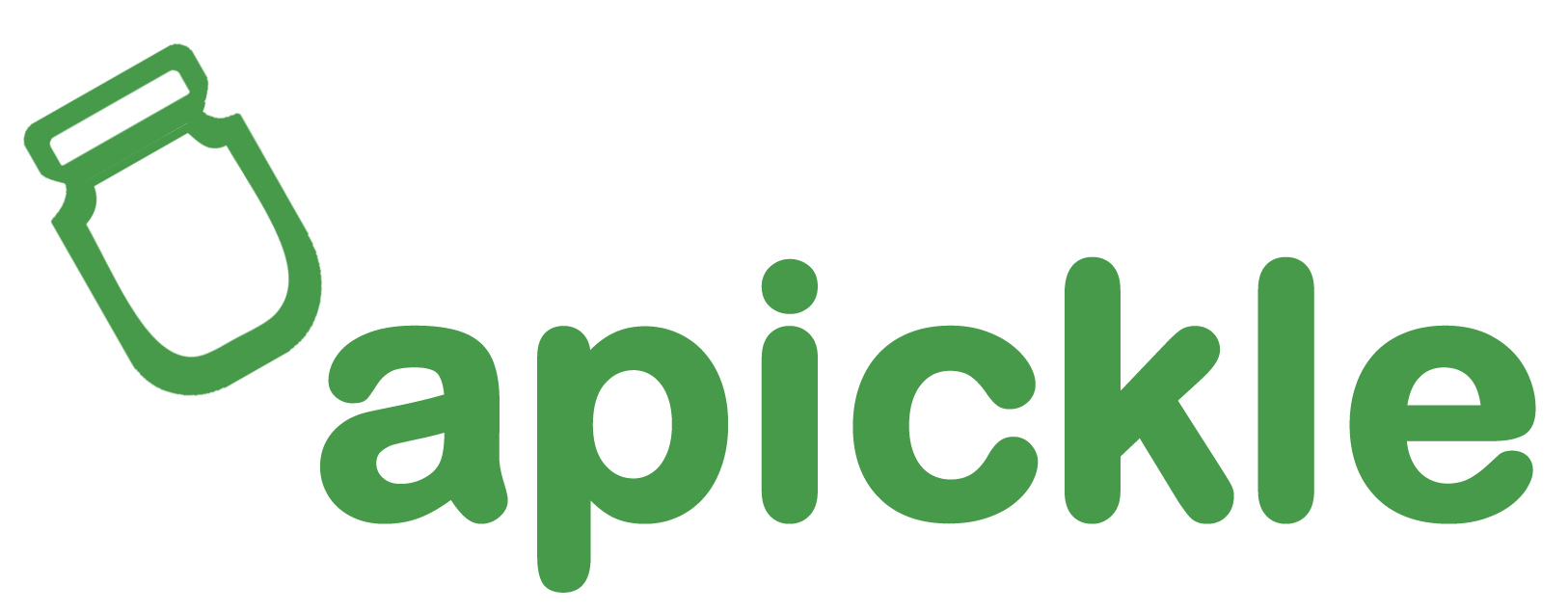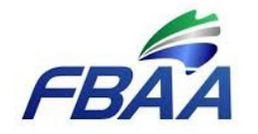Director Penalty Notices (DPNs) are legal tools used by the Australian Taxation Office (ATO) to hold company directors personally liable for unpaid tax obligations. Remitting these penalties is crucial for directors to avoid severe financial consequences. In this blog, we’ll explore the process of remitting DPN penalties related to PAYGW, net GST, and SGC, and explain why immediate action is vital.
Remittance of PAYGW and Net GST Penalties
Pay As You Go Withholding (PAYGW) and Goods and Services Tax (GST) are key tax obligations for businesses in Australia. Directors are responsible for ensuring these amounts are reported and paid to the ATO on time. If not, the ATO can issue a DPN, making directors personally accountable for unpaid taxes.
Remittance of Penalties Reported Within 3 Months
If PAYGW or net GST amounts are reported within 3 months of their due date, directors may be eligible for remittance of the penalty by either paying the outstanding tax or entering into a formal payment plan with the ATO. Taking action within this timeframe can help directors avoid personal liability.
Remittance of Penalties Reported After 3 Months
If PAYGW or net GST is reported after 3 months of the due date, the situation becomes more critical. Directors will become automatically liable under a Lockdown DPN, and penalty remittance is only possible by paying the entire debt in full. Negotiating a payment plan after this period may not absolve personal liability.
Example: Late Reporting of PAYGW
For instance, if a company fails to report $50,000 of PAYGW within the 3-month window, directors may face a DPN. To remit the penalty, they must either pay the $50,000 or engage with the ATO to create a payment plan before personal liability sets in. If this is done after the 3-month window, the directors will be personally liable unless the entire amount is paid.
Remittance of SGC (Superannuation Guarantee Charge) Penalties
The Superannuation Guarantee Charge (SGC) is a mandatory contribution employers must make to their employees’ superannuation funds. Failure to report and pay SGC obligations can lead to severe penalties, including DPNs.
Remittance of SGC Penalties Reported by Due Date
If SGC amounts are reported by their due date, directors can remit the penalties by paying the owed amount or establishing a payment plan with the ATO. Acting quickly ensures the company’s directors avoid personal liability.
Remittance of SGC Penalties Reported After Due Date
If SGC amounts are reported after the due date, the directors will face immediate personal liability. In this case, remittance is only possible through full payment of the outstanding superannuation contributions.
Why Immediate Actions Are Required
When a DPN is issued, directors must act fast to remit the penalties and avoid personal liability. Directors have two options:
- Paying the penalty amounts in full: Immediate payment is the most effective way to remit the penalty and avoid further action from the ATO.
- Engaging with the ATO to negotiate a payment plan: If full payment isn’t possible, negotiating a payment plan can prevent the ATO from escalating the situation further, provided this is done within the applicable time limits.
ATO Estimates of Unpaid Amounts
The ATO has the authority to estimate unpaid PAYGW, net GST, or SGC amounts when a company fails to lodge the necessary returns. These estimates form the basis for DPNs and can lead to significant personal liability for directors. It’s essential to ensure timely reporting and payment of tax obligations to avoid these ATO estimates from creating unmanageable debt.
For more information, refer to the ATO’s guide on the Director Penalty Regime.
How Apickle Can Help
At apickle, we specialise in helping businesses and directors manage tax debt and navigate the complexities of DPNs. Our services include:
- Tax Debt Solutions: We work with directors to negotiate payment plans with the ATO and manage tax debts effectively.
- Business Debt Restructuring: We provide strategic solutions to consolidate and restructure business debts, allowing you to meet your obligations and avoid personal liability.
- DPN Guidance: Our experts can guide you through the DPN remittance process, ensuring timely and effective action to protect your personal assets.
- ATO Payment Plan: We negotiate affordable payment plans with the ATO to resolve tax debts while maintaining cash flow stability.
- Business Debt Solutions: We tailor solutions to restructure and consolidate business debts, ensuring a clear path to financial recovery.
- Debt Negotiation: Our experts work with creditors to secure favourable terms, reducing your overall debt burden and financial stress.
Contact apickle today to explore how we can help you manage DPNs, tax debts, and business debt challenges.



